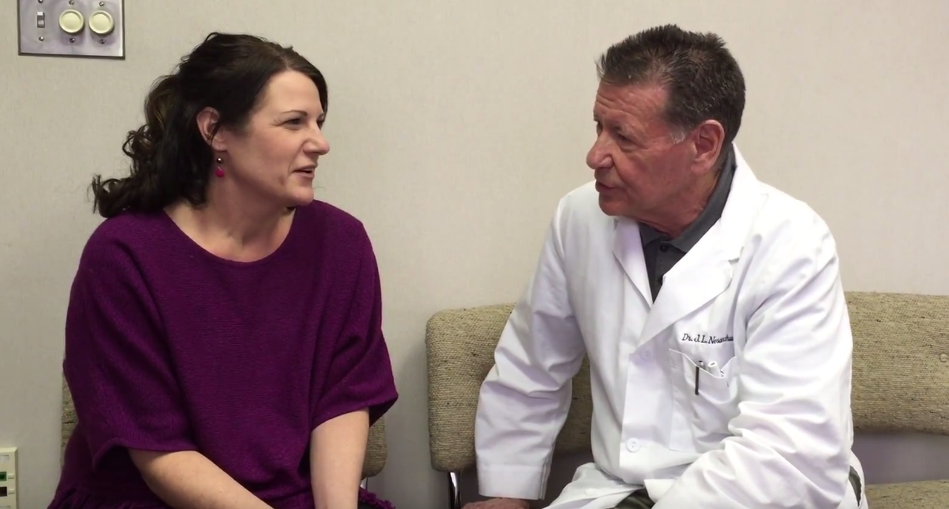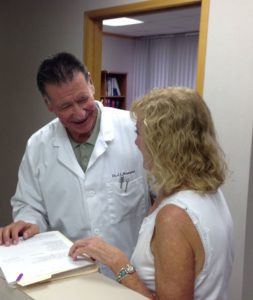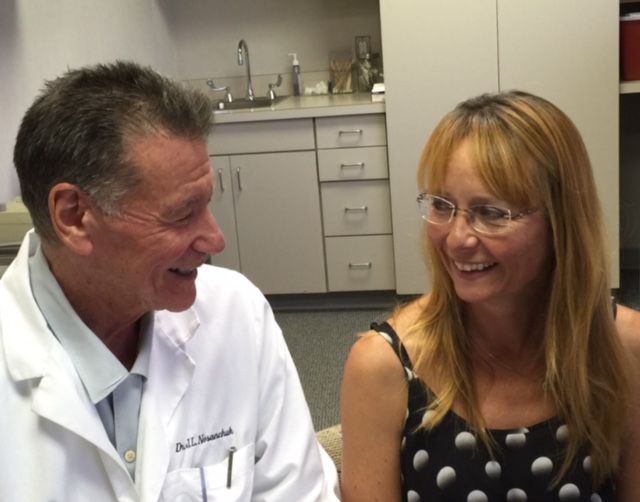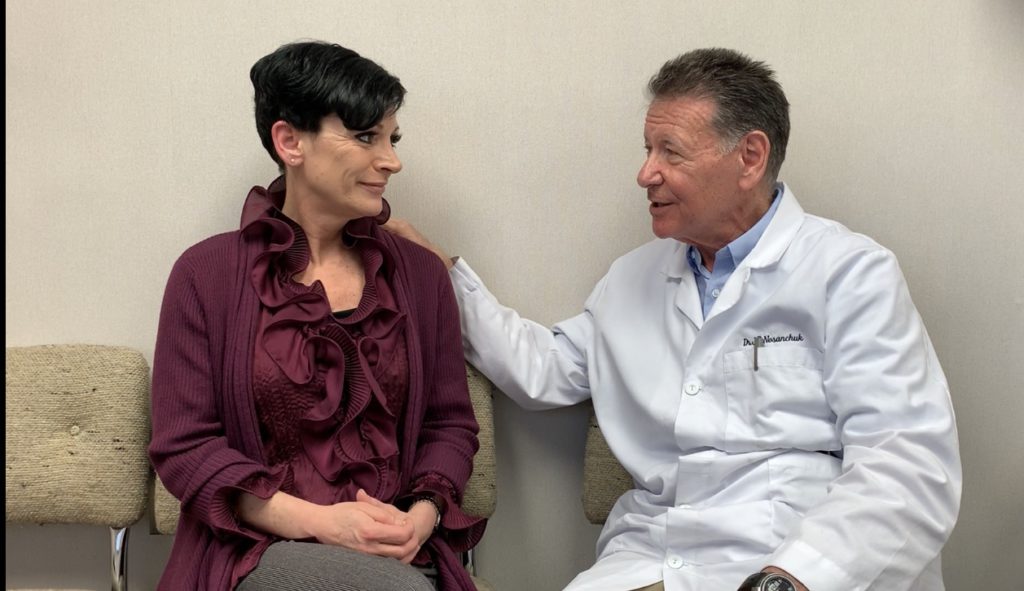For an in office or virtual visit call (248) 644-7200 and speak to Caroline
Dr. N provides natural hormone regimens that will make your skin more youthful, restore your sex life, resolve your hot flashes, sweats, sleep disturbances, headaches, fatigue and depression.
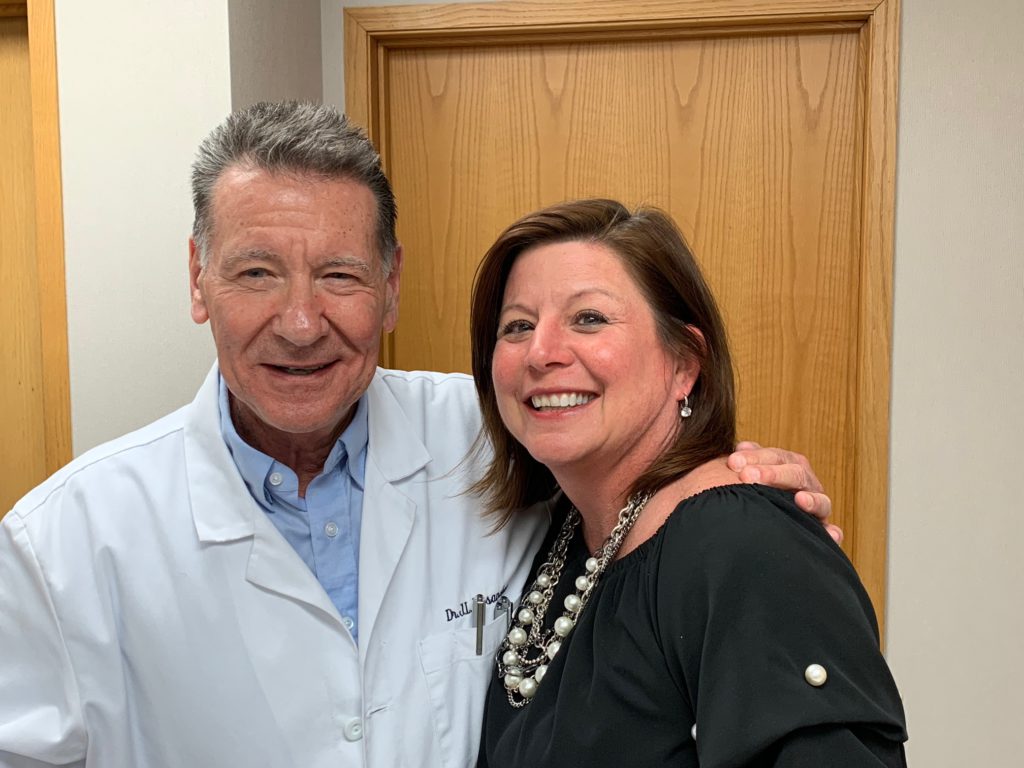
Click the link below to see videos of Dr. N’s patients discussing their therapy
Menopause – Symptoms, Sex and Hormones – YouTube
Side effects … Why they occur and strategies to avoid them.
Most unpleasant side effects of HRT, are related to (1) the oral route of administration, (2) progesterone and progestins and (3) the physiologic action of the hormone on its target tissue.
Side Effects Related To The Oral Route Of Administration:
The most frequent unpleasant hrt side effects associated with the oral route of administration are nausea, vomiting and loss of appetite. These hrt symptoms can be due to either a direct effect of the hormone replacement on the lining of the stomach, or secondary to the affect of the rapidly rising hormone levels on the brain. In the latter case this is not unlike “morning sickness.” If the symptoms do not resolve after a few weeks a reduction in dose, or switching to another oral product may be in order. If this does not alleviate the symptoms a change to a non-oral route of administration will be likely be required.
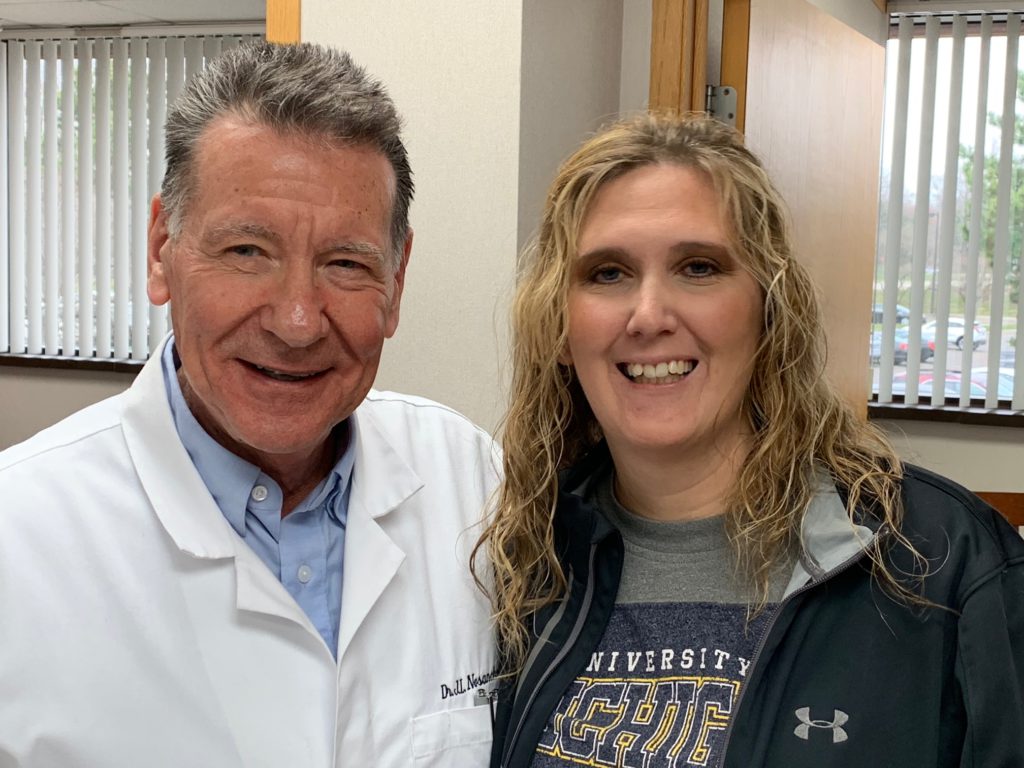
When a hormone is taken orally it is absorbed by the gastrointestinal tract and transported “en masse,” or as a “bolus” to the liver. This is referred to as the “first-pass” affect. During this passage the absorbed hormone alters the normal production of liver proteins. While most women seem to be unaffected in some women the alteration in the blood levels of these substances have the potential to cause an elevation of blood pressure and/or an increase in the frequency of migraine headaches.
Side Effects Unrelated To The Oral Route Of Administration:
One problem that is not specific to the oral route and can occur with any route of administration is breast tenderness. It can be perfectly normal for a woman who has been hormonally deficient to have breast soreness beginning a few weeks after starting estrogen replacement. Low estrogen levels can result in an involution of breast tissue and when the breast tissue is stimulated by estrogen replacement the breast tissue can be sore and tender for 2-3 months as the breast tissue regenerates. Women who have been estrogen deficient may notice a reduction in breast size and then notice a return to their pre-deficient state after taking replacement estrogen. If a woman does not recognize the reason for the breast soreness, she may suspect the discomfort has a more serious origin, become frightened and stop her HRT. If the tenderness persists for more than 2-3 months, a reduction in dose may be required. Of course it would be prudent for her to discuss this with her physician and have an examination if it persists, or if the physician believes it is warranted.
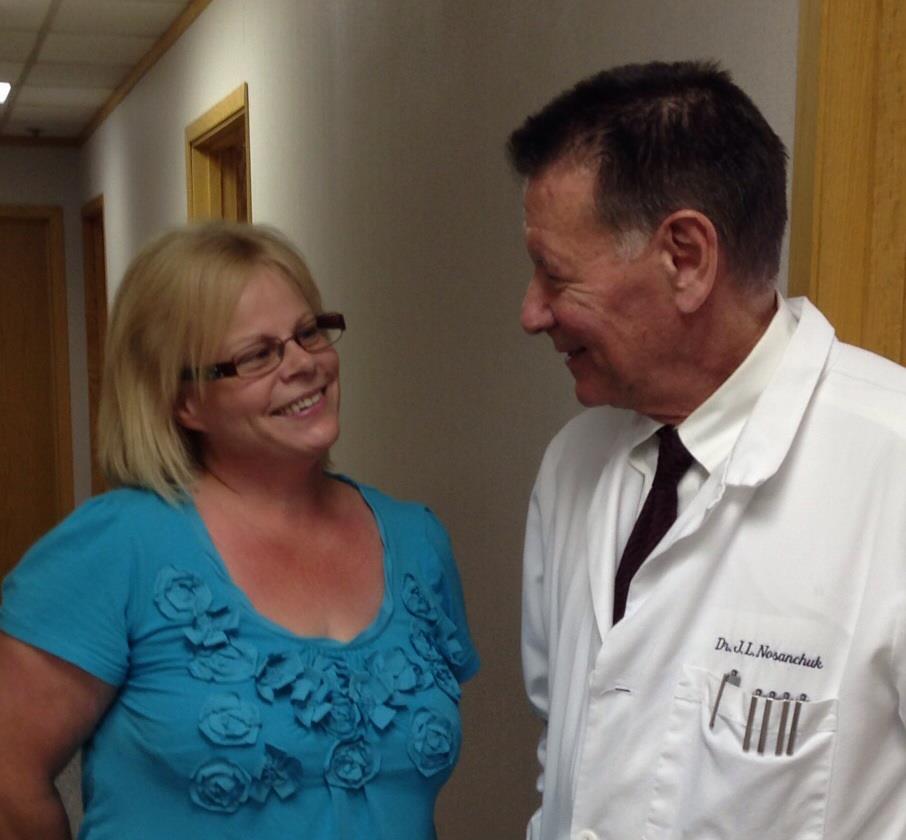
It is also possible to experience allergic reactions to HRT preparations. Women who are allergic to peanuts need to be aware that some hormone replacement preparations including Prometrium contain peanut oil and are capable of producing serious allergic reactions in those who are susceptible. Many women are allergic to the adhesive in transdermal estradiol patches, or find that they are intolerant to the vehicle in the patch resevoir that contains the medication. In some instances this can be resolved by using another brand of transdermal estrogen patch.
One frequent reason given by women for not starting HRT, or discontinuing its use is the prospect of continued uterine bleeding. A woman who has an intact uterus and is an estrogen user requires the use of a natural, or synthetic progestin to prevent potential overstimulation and the development of abnormal changes of the uterine lining. Women who are on a program of sequential therapy in which the progestin is give for 10-12 days a month will experience an expected withdrawal bleeding. HRT preparations are available that contain a combination of estrogen and a smaller dose of progestin which have been designed to be taken daily and prevent any uterine bleeding. These preparations are widely used and are preferred by many physicians, but others have a concern about the affects of daily use of progestins. Most women tolerate this combination well, but others are intolerant to daily use of even a small dose of progestin and/or find that they continue to experience spotting, bleeding, or cramping while using it. The subject of progestin and progesterone intolerance will be addressed further in the next section.
Many women are concerned that weight gain may occur if they use HRT. The research evidence does not support this and suggests that women who are users of HRT are actually less likely than non-users to put on extra pounds. This is discussed in the section of the web page, Menopause & Weight Gain.
Dr. Jerry Nosanchuk is a practicing physician who has specialized in the care of menopausal women for over 30 years. His office is located in Bingham Farms, Michigan. Appointments with Dr. Nosanchuk can be made by calling: (248) 644-7200 and speaking to Caroline Monday through Friday from 10AM to 6PM
IMPORTANT: This website is for educational purposes only. It is not intended to suggest a specific therapy for any individual and must not be construed to establish a physician patient relationship.
